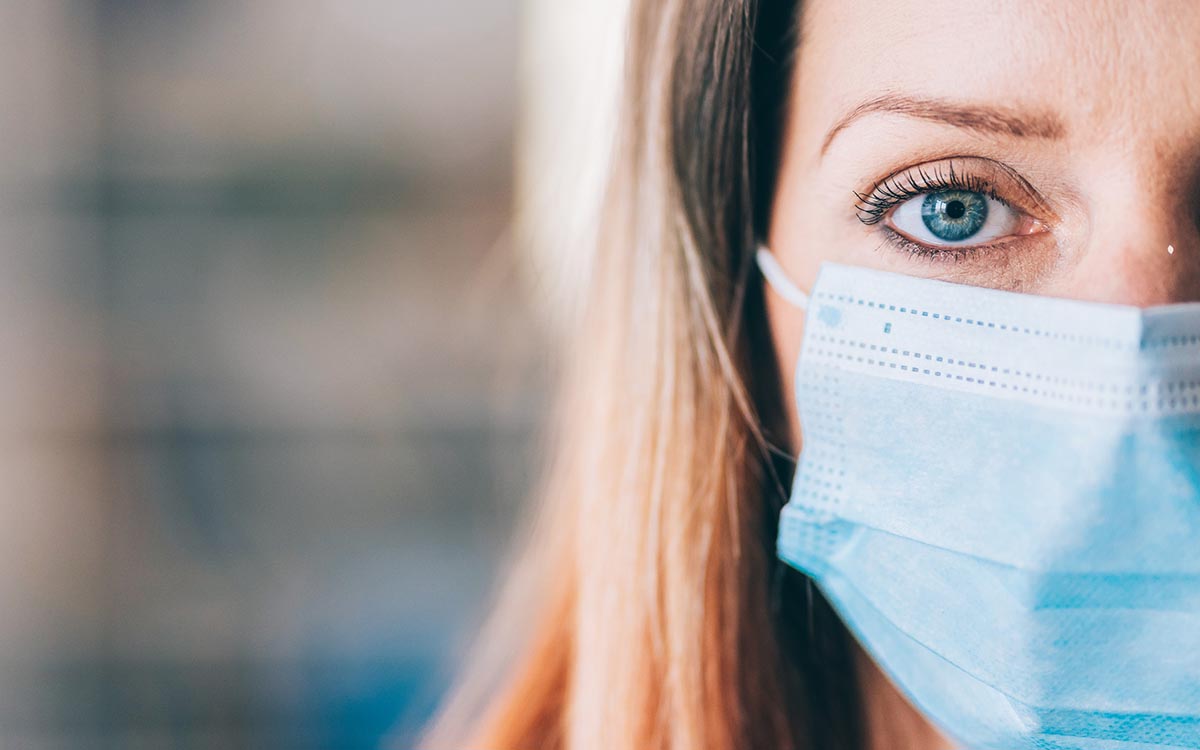Update: COVID-19 – Your Survival Plan

Even years after Covid-19 first appeared, the key to making it through this difficult period with the least damage to your practice remains keeping your perspective and making a sound plan. When farmers lose a crop, they immediately dig in to take advantage of the next planting cycle. In this way, they’re able to restore their farm, and their local community, back to normal.
They know that life is on a cycle and have contingency plans in place…

Read more


